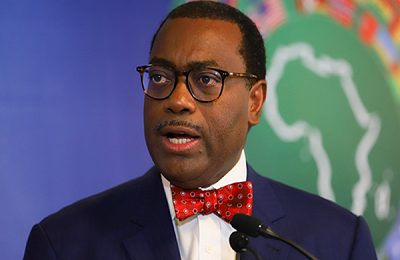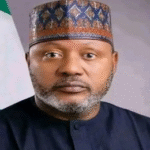ABUJA – Nigeria’s total public debt has climbed by a staggering N57.3 trillion. This significant increase occurred within the first 18 months of President Bola Tinubu’s administration. Data released by the Debt Management Office (DMO) reveals the debt stock jumped from N87.38 trillion in June 2023 to N144.67 trillion by December 2024. This marks a 65.6 percent surge, driven mainly by increased local borrowing and the steep depreciation of the naira.
Naira’s Fall Twists Nigeria Public Debt Figures
A key factor in the rising naira value of the public debt is the exchange rate. Interestingly, when measured in US dollars, the total public debt appeared to decrease. It fell from $113.42 billion in June 2023 to $94.23 billion by December 2024—a nominal 17 percent drop. This statistical quirk is due to the naira’s sharp fall against the dollar, moving from approximately N770.38/$1 in June 2023 to around N1,535/$1 by the end of 2024. While foreign debt now accounts for nearly half the total, its naira equivalent has ballooned.
Government Borrowing Continues, New Loan Sought
The Federal Government remains the holder of over 90 percent of the country’s total debt. Its domestic debt alone has risen by more than N22.1 trillion since President Tinubu assumed office. Adding to this, the government is pursuing a new $500 million loan from the World Bank. This loan is intended to support a nationwide initiative to revitalize key agricultural value chains and boost job creation.
The World Bank noted that while Nigeria’s agriculture sector is vital for economic growth, it faces challenges. These include low productivity, infrastructure gaps, insecure land tenure, and limited access to finance.
The Squeeze: Rising Debt Servicing Costs
The impact of Nigeria’s growing public debt is becoming increasingly apparent in the national budget. Costs associated with servicing this debt are consuming a larger portion of government revenue. Despite the Tinubu administration’s commitments to enhance revenue generation and reduce wasteful spending, achieving fiscal consolidation has proven difficult so far. This puts pressure on funding for other essential public services.
By Abdullah Korede








